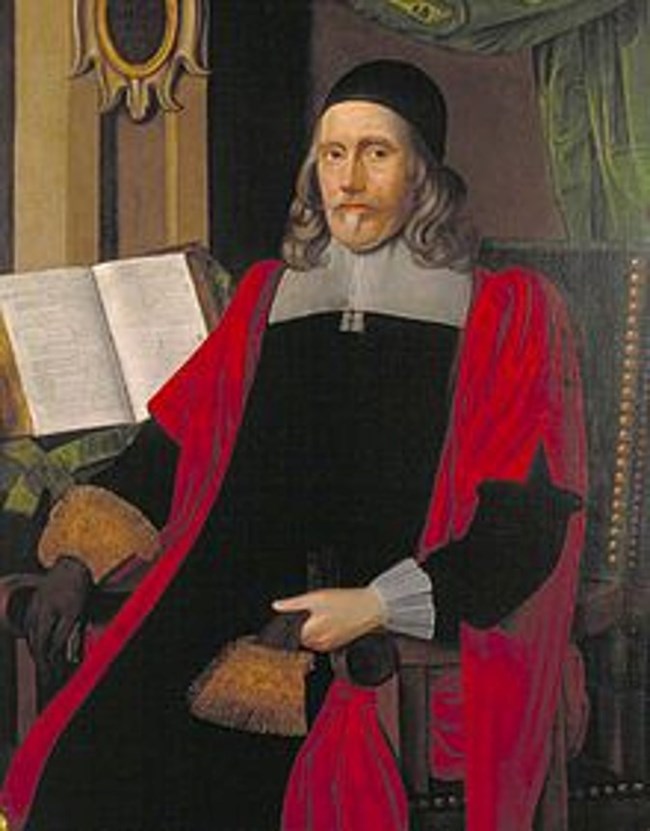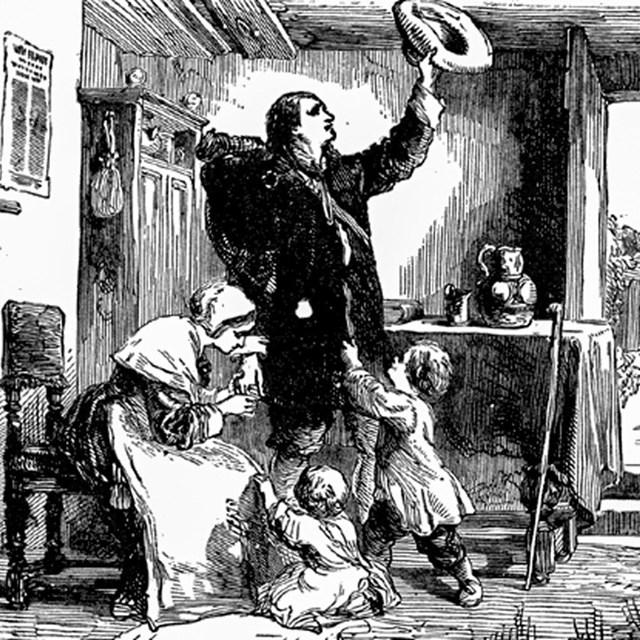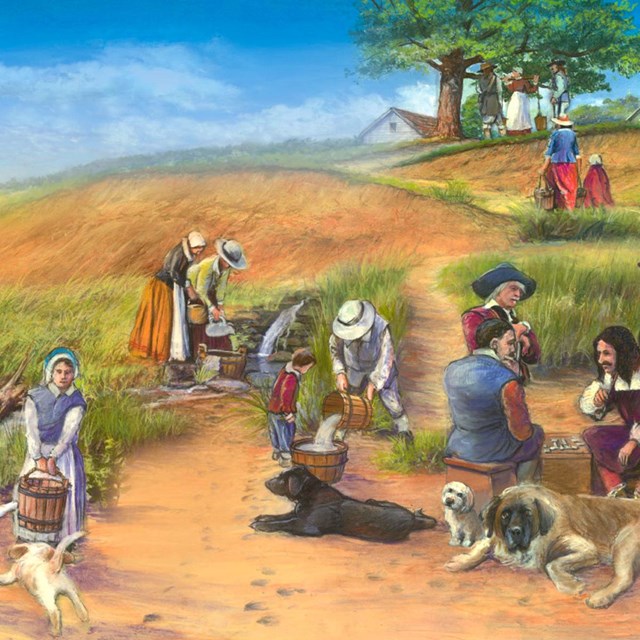
Coke was at the center of the Petition of Right. It proclaimed the "rights and liberties" of Englishmen. These rights included freedom from taxation without Parliamentary approval, the right of habeas corpus, and a prohibition on imposing martial law on civilians. It became law during the Long Parliament in 1641. This is one of the three constitutional documents of English civil liberties, along with the Magna Carta and the Bill of Rights 1689. Coke's ideas were particularly influential in the English Colonies and later the United States. Colonists used Coke's words while fighting the Stamp Act of 1765. The United States Constitution’s Third Amendment was influenced by the Petition of Right. Castle doctrine originated from Coke's statement in the Third Institutes that "A man's home is his castle – for where shall he be safe if it not be in his house?" This influenced the Fourth Amendment. Sir Edward Coke was a major influence on Roger Williams. He paid for William's schooling, and he made Williams his secretary. The concept of "A man's home is his castle" influenced Williams. Williams took this concept a step further arguing that a man's soul is his own. This meant each person had their own "Liberty of Conscience." Learn More
|
Last updated: October 4, 2020


